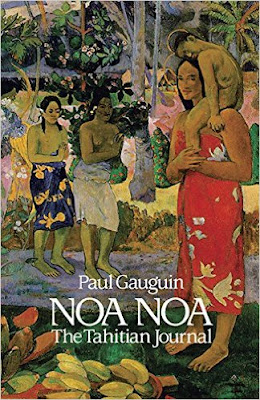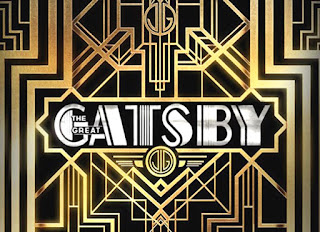Jones, Lysistrata Jones
So, yesterday I read Lysistrata (I can say that because I've recently discovered that if you cut out video streaming on the internet (aka YouTube), you can read a lot more), and I have to say that I really enjoyed it. Not only was it a quick read, but the version I read had illustrations by Picasso, which was a real treat.

Considering that, previous to this, my only exposure to ancient Greek drama was when I read Oedipus Rex, Oedipus at Colonus, and Antigone in 9th grade English. Now, I understand that most people would probably consider Lysistrata slightly inappropriate for high school, given that it's essentially about a sex strike. However, I have to say, I think The Three Theban plays are far more disturbing. I mean, if it's okay to read a play centered around incest, I think it's okay to read a play about a bunch of women who decide to go abstinent. I think that's a better message for high school kids.
Besides, the play is defined as a comedy, so I think it's safe to say that it's okay not to take it too seriously. I actually quite enjoyed the comedic aspects of the play, like the exchange between the old men and the old women and the portrayal of president of the senate. I mean, I'm sure there were a lot of jokes that I didn't get because I'm not, you know, an ancient Greek, but I found it to be pretty entertaining all the same.
Besides that, obviously, the play has a good message: peace. Ultimately, beneath the comedy and sex, it's a play about the disastrous effects of war and advocates peace. Also, although I wouldn't go so far as to call it a feminist play, it portrays women in a far more positive light than any of The Three Theban plays or the Iliad or the Odyssey. I mean, Lysistrta and the other women capture the acropolis, negotiate peace, and put themselves in charge of the treasury. Considering this play's time period, that's pretty progressive.
Actually, the name Lysistrata means 'army-disbander', so, it seems that Helen of Troy starts wars and Lysistrata finishes them.
Just readin'

Besides, the play is defined as a comedy, so I think it's safe to say that it's okay not to take it too seriously. I actually quite enjoyed the comedic aspects of the play, like the exchange between the old men and the old women and the portrayal of president of the senate. I mean, I'm sure there were a lot of jokes that I didn't get because I'm not, you know, an ancient Greek, but I found it to be pretty entertaining all the same.
Besides that, obviously, the play has a good message: peace. Ultimately, beneath the comedy and sex, it's a play about the disastrous effects of war and advocates peace. Also, although I wouldn't go so far as to call it a feminist play, it portrays women in a far more positive light than any of The Three Theban plays or the Iliad or the Odyssey. I mean, Lysistrta and the other women capture the acropolis, negotiate peace, and put themselves in charge of the treasury. Considering this play's time period, that's pretty progressive.
Actually, the name Lysistrata means 'army-disbander', so, it seems that Helen of Troy starts wars and Lysistrata finishes them.
Just readin'



Comments
Post a Comment